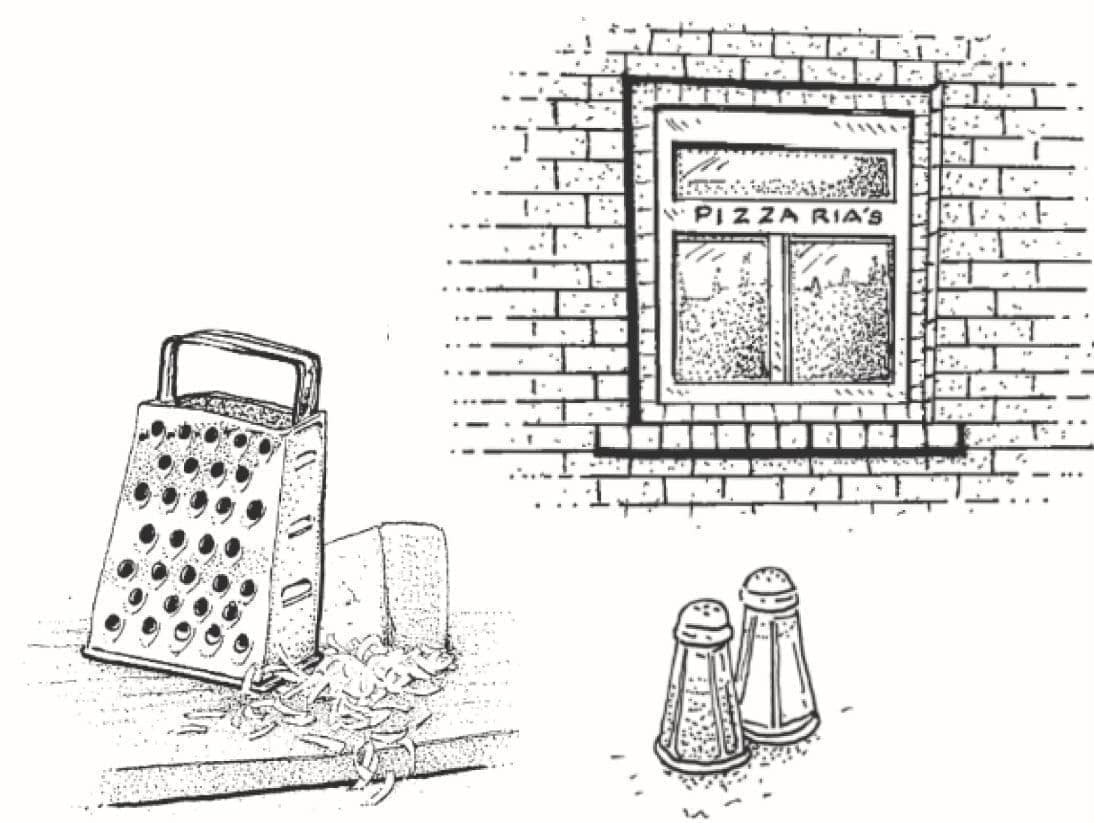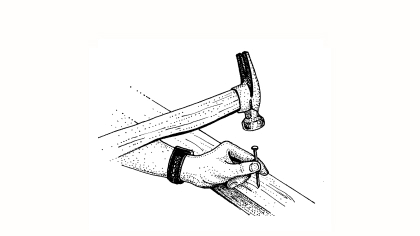Sharing Success
“Ready, Willing, and Able”
In recently talking with some of our restaurateur customers, a common concern is a lack of “ready, willing, and able” employees. Like many other independent businesses, we deal with it too. I don’t pretend to know how to operate a successful restaurant. However, here is how our family business helps our newer team members become better prepared, engaged, and productive. During my career working in our tomato cannery, we have always been blessed with an amazing team of skilled people who know how to get the job done. A decade ago, finding motivated entry level employees seemed relatively simple.
We have a reputation as a good place to work. We also enjoyed plenty of “in-house” job referrals from existing team members who would encourage relatives and friends to apply when new openings were announced. While entry level hires needed new skills for their new role, most already had experienced enough part-time and summer jobs earlier in life to learn “work” values like:
- “How to learn” new jobs.
- How to show up prepared and on time for work.
- How to earn promotions and higher pay through strong performance.
- How to seek self-improvement to help themselves “get ahead.”
Filling more senior roles was also relatively easy. When someone retired, their replacement typically took over smoothly because the “replacements” had often taken it upon themselves to pre-learn the additional responsibilities in hopes of earning the promotion.
Then things began to change.
Especially after Covid 19, some entry level candidates seemed less eager. Self-driven employee advancement also slowed. Why? My theory is that newer generations simply aren’t as “preexperienced” when the time comes to get a serious job. According to the professionals who study these things, it seems that newer generations are often seeking their first job in their 20s, without any previous work experience.
So today, many entry level employees have yet to internalize the “work” values that previous generations “pre-experienced” as teens. In my experience, it isn’t that younger generations aren’t willing to work. Instead, I suspect that many entry level candidates lack the underlying “work skills” that my generation takes for granted. In reality, they lack understanding of what employers expect from employees. Perhaps for this same reason, newer generations also seem less likely to proactively “self-learn” in hopes of landing potential job advancements.
This difference among entry level employees is not good or bad. It is just different.
They can get there. However, in our business, this challenge required us to rethink how we orient newcomers and help them gain new skills over time. We concluded that our solution was education. More formalized training had to become a priority for us. Not just functional training (what to do), but we had to get back to teaching “WHY” we do things a certain way.
So, we replaced old school “job shadowing” by formalizing what we wanted newcomers to learn in their first 30, 60, and 90 days, including:
- Exactly how to do their job. (We no longer assume they will self-learn.)
- Our expectations for performance. (What does “a job well done” look like?)
- WHY our mutual success depends on earning loyal repeat customers.
- How their role directly “makes a difference” in earning customer satisfaction.
For positions requiring more seasoned experience, we also documented the key skills needed for success. That way, long-term employees are still a vital part of training those next in line, and team members who are specifically good at training can also help formally prepare the “next generation.” The key part of this training is that everyone passing on knowledge is teaching from the same playbook!
“Labor” challenges are never easy.
Investing the effort to formalize our training has paid off. Newer employees adjust and become productive more quickly. Documenting the skills required in more senior positions has also helped team members seeking advancement to learn the ropes quicker. Many of our restaurateur customers have shared with us how personally rewarding it feels to see the satisfaction in the faces of their guests. We feel the same way about our customers.
Helping your team recognize WHY their contribution “makes a difference” to individual customers can help them experience that same sense of reward!
Until next time,
Ciao!
Tom Cortopassi, President and Co-Owner







